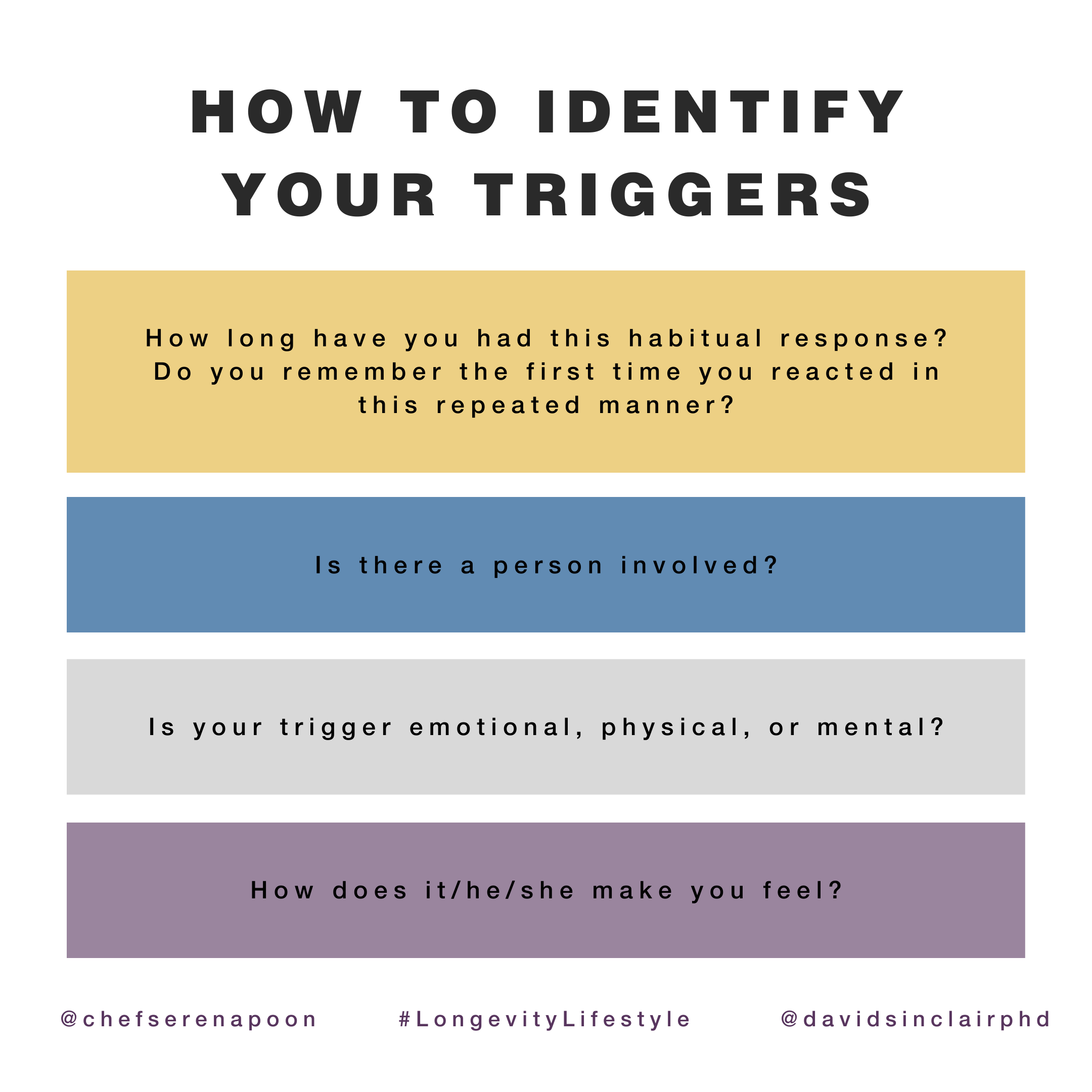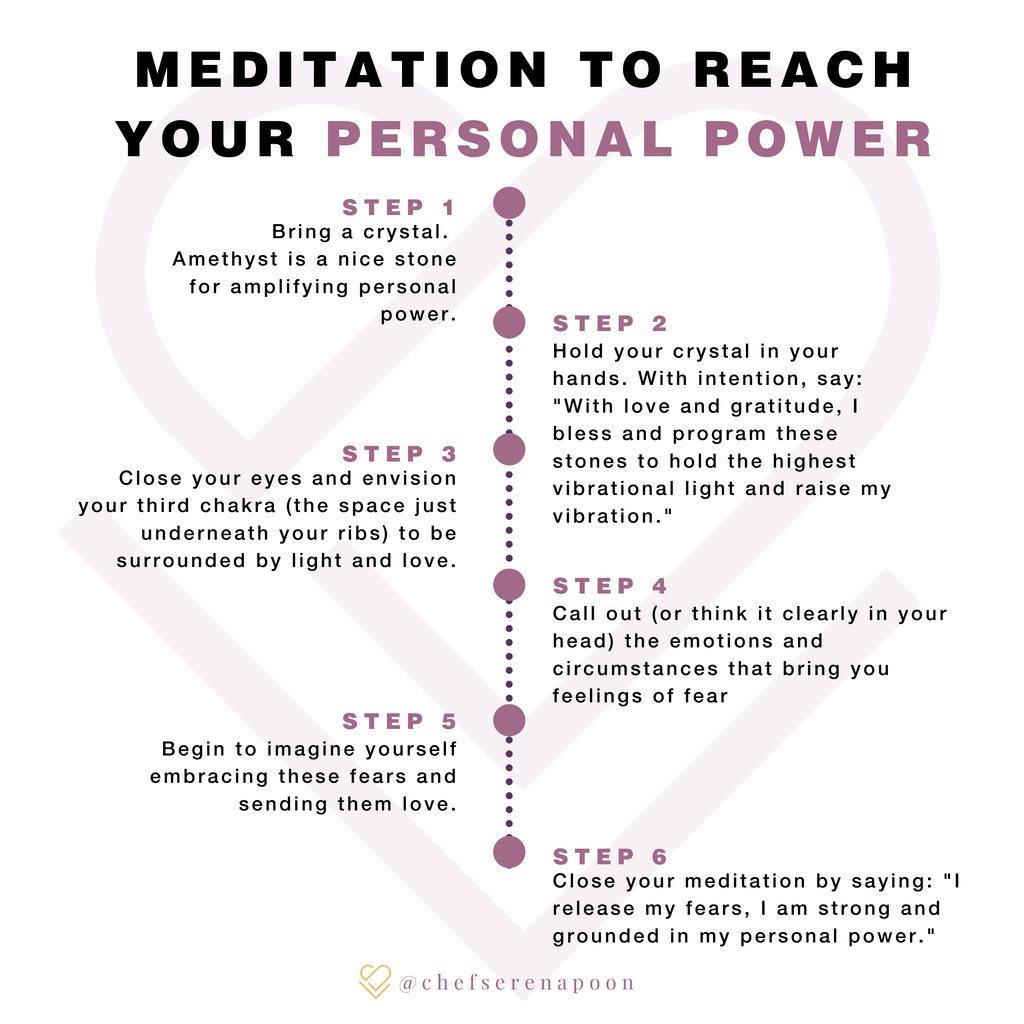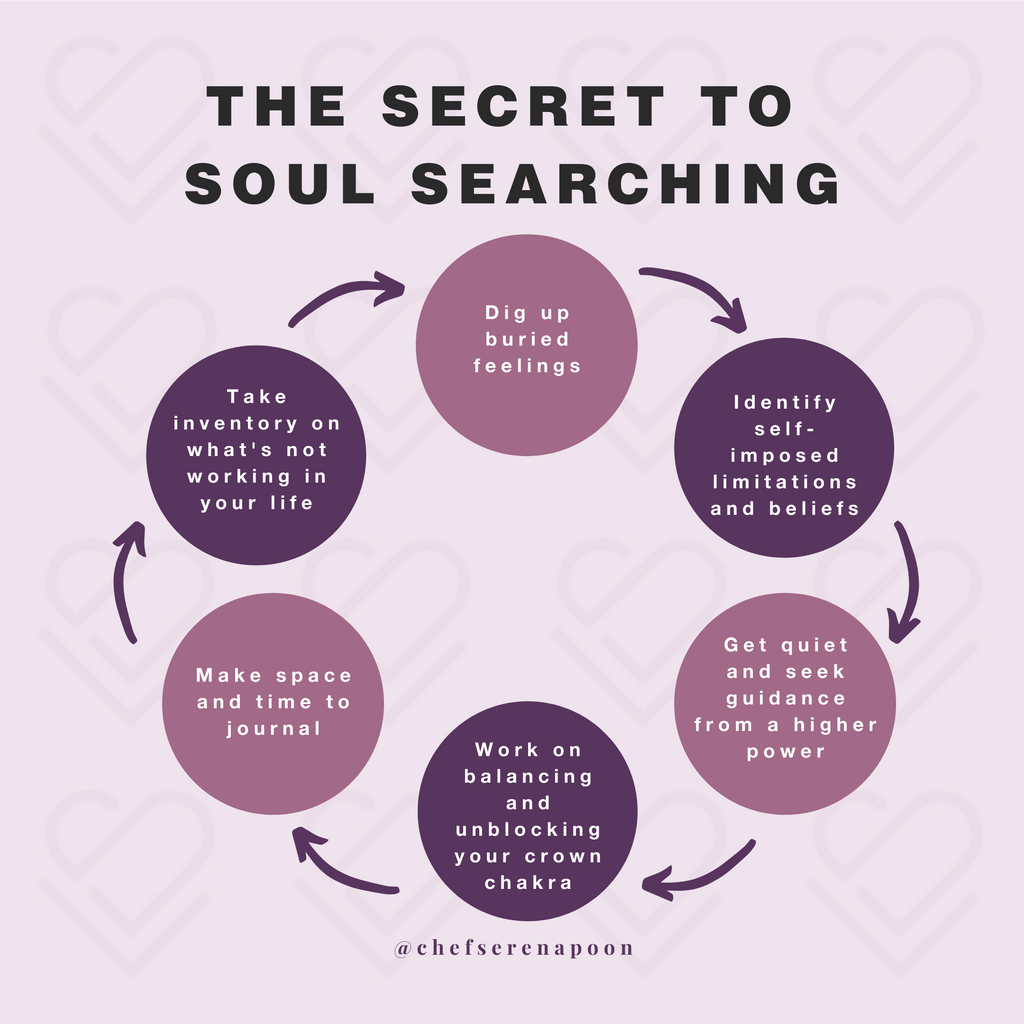Every New Year you come up with exciting, discipline-demanding resolutions. These New Year’s resolutions are made with the hope of adding to your personal growth or well-being. Which, I totally encourage! While there are positive benefits to short-term resolutions, like a cleanse or detox, they often stem from short-minded visions or desires.
What if your New Year’s resolutions point towards bigger goals this year? What if you REALLY quit that thing that continually blocks you from being your “best you”… for good? What if your health goals are long-term focused because the goal you envision is to live actively and disease-free well into your 90’s?
Now, longevity habits can be implemented at any age. Even if you’re in your 40’s and beyond, there are new habits that can be developed to add years to your life. So what are longevity habits that you can incorporate RIGHT NOW? Well- many of the conversations I’m having in 2022 revolve around exciting scientific advancements in ending aging, holistic and personalized health, and incorporating more nutrient-dense plant foods into our diets. That can sound like a lot, but much of today’s cutting-edge longevity lifestyle habits are actually quite simple!
Here are some exciting new lifestyle habits, nutrition tips, and mental wellness practices for longevity and how to make them stick!
FORMING HABITS: Neuroplasticity + Mindfulness
First of all, let’s talk about how to stick to your habits. Have you heard of neuroplasticity? It is essentially the ability of your brain to grow and reorganize neural networks via new pathways and new connections. Your brain can continue to evolve as you age in accordance with new experiences you have, meaning YOU CAN CHANGE. You are not doomed by your brain to stay a certain way forever. Everything from constantly worrying, to being optimistic, to meditation are products of neuroplasticity. To change your habits for good, you can’t just rely on willpower, you’ll have to rewire your brain.
How? Well, your brain loves starting something new. From the challenge of creating new neural pathways to the attention-grabbing energy of unfamiliar information. For example, opening social media apps on your phone is essentially a habit! Instagram is addicting because our brains get fed new images and thoughts that feed our emotions as we scroll. Your brain creates associations and dopamine rewards for both viewing fresh content and the emotional reward of “feeling connected”.
Mindless social media scrolling is also a great example of how difficult it can be to break old habits and form new ones. It’s not that it’s incredibly hard to form a new habit; the real issue is breaking old ones. From replacing the thought patterns of old familiar habits and their hardwired neural pathways, to the emotional rewards associated, letting go requires some work. Watch this video for another example!
You are well equipped to create long lasting healthy habits with that basic understanding of neuroplasticity. But to really connect to your desire to change, we need to talk about mindfulness. Many of our habits become subconscious and you don’t have to think too much about them while you’re performing those actions. Your brain is used to repeating those patterns; it is a machine that can run on autopilot. Studies show that being truly present with your tasks, conversations, or meals, which is essentially mindfulness, and practicing mindfulness exercises like meditation, will help habits stick!
As you learned above, most of our habits are subconscious behaviors. Something is causing those actions in your life. If you can dig down to what “triggers” you to behave in that way, you will know where to start when it comes to quitting that habit. Learn more about identifying your triggers in this IG LIVE replay conversation! Here are some questions that may help you identify the root cause of your strong reaction, or your “triggers”:

- How long have you had this habitual response? Do you remember the first time you reacted in this repeated manner?
- Is there a person involved?
- Is your trigger emotional, physical, or mental?
- How does it/he/she make you feel?
- Is it something you believe about yourself? Or don’t?
- Why does it/he/she frustrate you or cause the action?
- What is the resulting action / habit solving for you?
- How can you heal, remove, or change your response to that trigger?
Personally, my routine and health-centered daily habits are continually changing and evolving to best serve the season of life I’m in. But here are a few practices that I incorporate into my routine that may be beneficial to yours. Experiment with the different ideas listed below and see what works best for you! –
8 Tips To Create Longevity Lifestyle Habits:
1. Start a Daily Meditation Practice
I start my mornings with meditation and have begun incorporating transcendental meditation into my routine. You can learn more about transcendental meditation, here.
Meditating is proven to help us control our behavior. Rather than acting out of an emotional response, we can train our brain through meditative practices to react calmly, rationally, and more meaningfully. These cognitive states that we can learn to get into help to reduce stress and cellular aging. From improving gut health, to reducing symptoms of mental illnesses, there are many studies diving into the fascinating longevity-related benefits of meditation.
One of the most interesting ones I’ve come across lately explains how meditation may actually keep your cells young. By increasing the levels of DHEA and decreasing cortisol, meditation decreases oxidative stress. This promotion of what is called “miotic cell longevity” may contribute to the protection of lengthy telomeres. Telomeres are the protective caps of your chromosomes that are used as a biomarker for chronological age. Every time your cells reproduce, the caps can become weaker, allowing your chromosomes to unravel and contribute to faster aging. Practices like meditation, often included in a broader approach to cellular rejuvenation, can support the maintenance of telomere health. You can learn more about protecting your telomeres in the podcast, Lifespan, by Dr. David Sinclair.
A controlled study led by Tonya Jacobs at the University of California-Davis on mindfulness meditation resulted in participants with 30% more activity of the telomere-repairing enzyme, telomerase. Boosting levels of telomerase contributes to reversing the signs of aging, as seen in a recent study done by Harvard.
2. Connect To Your Purpose
When you feel connected to what you’re passionate about, to the feeling that your actions have a positive effect on the world, or to a deep sense of meaning about your life, doesn’t it give you a different energy? If you can connect to energies like that throughout your day, you may solve the low-energy crisis you’ve been dealing with in your health.
The older we get, the more important a sense of purpose seems to be. How many grandparents, or elderly people do you know who seemed to whither away with nothing to do with their time anymore. In ancient times, they used to send the elderly members of the community away to die alone when they no longer served a purpose to the rest. A study from Washington Hill University linked a sense of purpose in life to better cognitive function and longevity.
When it comes to longevity and purpose, it does matter what your purpose is. Researchers at Stanford found that goals in life that went beyond serving “the self” were associated with states of being such as psychological wellness, happiness, and gratitude. As you learned above, your mental state can help protect your telomeres and cellular health!
Here are ways to help guide you to finding your purpose or your unique “super power” in life:

3. Reduce Daily Stress Levels
Being in a constant state of stress damages our bodies physically, energetically, and mentally. Here are a few ways you can reduce stress in your life now.
4. Move Your Body Regularly
If most of your day is spent sitting, it’s time to work on exercise for longevity in your daily routine. Focus on adding in more long walks and regular daily movement, especially in nature. Dr. David Sinclair cites in his podcast, Longevity, that “exercise is closely associated with decreased mortality as well as reductions in major age-related diseases and conditions such as dementia, cardiovascular disease, type 2 diabetes, cancer, and frailty. Furthermore, it is well-established that exercise is an effective antidepressant that enhances sleep quality.
When deciding between vigorous workouts, like a HIIT workout, versus a long walk Dr. Sinclair recommends at least 75 minutes of vigorous aerobic activity per week. You can spread that out into different workouts on different days. Moving your body is proven to slow aging. “Exercise”, he says “is a potent form of bodily hormesis, meaning that the physiological stress elicits a systematic repair response that ends up being broadly beneficial.”
5. Improve Your Neuroplasticity
Learn a new complex skill, like playing an instrument or learning a new language. Skills that require you to be mentally and physically present help exercise your brain and create strong new neural pathways. This can help when you’re trying to train your brain to adopt new habits throughout your life.
Broadening your horizons by traveling to places with a different culture or landscape than your own expands your mind to new ways of living. When you saturate yourself in a foreign place or experience, you can feed your brain and improve neuroplasticity. From a different language and the challenges of communicating, to new foods and flavors, to meeting new people, to giving your physical and energetic bodies a new environment to adapt to, traveling throughout your life is a healthy way to keep your mind sharp for living longer.
6. Nurture Your Close Relationships & Practice Intimacy
Keeping up with your real-life social relationships correlates to a longer life. You may have already discovered that there are healthy and unhealthy relationships likely a part of your life right now. Those people and your connectedness to them affect your energy and overall health. But, what if both healthy and unhealthy relationships are your most intimate relationships? The people you’re closest with are said to affect your longevity much more-so than casual ones.
If you struggle with intimate relationships or vulnerability, you may have a block in your Sacral chakra. Watch this video to learn how to nourish and open this energy block.
In an 80 year study led by Robert Waldinger at Harvard, closer relationships were found to be vital to happiness and fight the physical and mental declines associated with aging that lead to death. A paper published in The American Psychologist shared research on how intimate, supportive, trust-filled relationships can reduce the stress response or the level of perceived threat, buffer damaging cardiovascular activity from stress, and increase in pain tolerance. When people feel appreciated, known, and understood they report fewer physical symptoms, have a positive energy and vitality, and feel more satisfaction with life. Engaging in practices like communal meditation with loved ones can deepen these connections and enhance emotional well-being.
7. Cook More Plant-Based Whole Food Meals At Home
I’ve been plant-based for _ years. It was a slow transition for me, but over time I saw the effects on my energy and body and have not gone back to the way I ate before. Back then when I was discovering this about myself, there were not many plant-based options. I learned to make my own pizza crusts, nut milks, and dairy-alternatives. Those are skills I’m grateful for today and love to share with people! When you prepare your own meals, you can be more discerning about the quality of the ingredients and things like, how much sugar is added to your dessert. There is also the element that I teach in my method, Culinary Alchemy® of fusing your meals with gratitude. The energy you put into your food as you prepare and consume it feeds your energetic body as well as your physical body.
One thing I want to stress is that everybody is different, literally- your microbiome is not even the same as your mom’s, and she passed most of that bacteria to you. So what your body needs and how it responds to it will be different. However, there is a substantial body of powerful data that support claims that a plant-based diet reduces mortality and thus extends lifespan. Here is a list of longevity foods and supplements to add to your grocery list.
A plant-based diet is closely linked with many overall health improvements in each of your organ systems. From gut health, to brain health, to hormonal balance, most scientists and nutritionists agree that sticking to a mostly, plant-based diet contributes to a longer, healthier life. Even hardcore longevity scientists like Dr. David Sinclair have gone plant-based.
8. Try Incorporating An “Eating Window”
Intermittent fasting, or what Dr. David Sinclair calls “time-restricted eating” is the latest trendy discussion when it comes to improving your health. There is a large amount of confirming data to back up the claims and reason to incorporate this practice into your lifestyle. From resetting your gut, to fighting cancer, to cleansing your mind, to extending lifespan, fasting has long been a healthy method to improve wellness. Learn more in Part 2 of our #LongevityLifestyle Series!
In my opinion, there is a mental wellness aspect that needs to be taken into consideration when you adopt some type of fasting practice. Connecting with your body is important, and sometimes although you may want to follow the strictness of this practice, your body may be telling you it needs some nutrients. Especially for women, it is important to eat cyclically as your body changes. At different times in the month, or year, your body may need different macronutrients or micronutrients.
Several guests on my IG LIVE series reference the benefits of intermittent fasting and how to start doing it. This conversation with Dr. Will Cole was particularly informative! Watch here.
In Dr. David Sinclair’s podcast, Lifespan, he references several fascinating mechanisms learned from mammals living exceptionally long lives today. One is the naked mole rat. Naked mole rats live bizarrely long and are known to have a metabolism that mimics hibernation, meaning, their bodies are well-adapted to periods of fasting.
by






